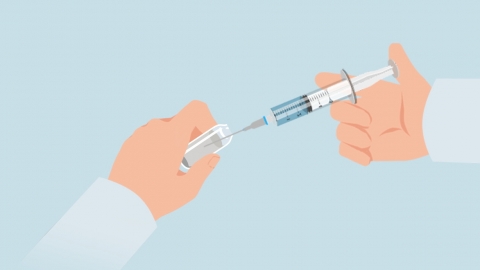What are the efficacy and functions of Sodium Thiosulfate Injection?
Sodium thiosulfate injection generally has effects and functions such as treating allergic reactions, preventing radioactive damage, antioxidant action, sedative action, and detoxification. The specific analysis is as follows:

1. Treatment of Allergic Reactions
In some specific situations, sodium thiosulfate injection may be used to treat acute allergic reactions, especially allergic reactions caused by certain drugs or chemical substances. It can rapidly neutralize these substances and alleviate allergic symptoms.
2. Prevention of Radioactive Damage
Sodium thiosulfate injection is also used to prevent or reduce tissue damage that may occur during radiotherapy. Through its strong reducing capability, it protects cells from DNA damage caused by radiation.
3. Antioxidant Action
Sodium thiosulfate has strong reducing properties, effectively scavenging free radicals and protecting cells from oxidative damage. It helps combat cellular damage caused by oxidative stress and contributes to maintaining normal cellular physiological functions.
4. Sedative Action
Sodium thiosulfate has a central nervous system inhibitory effect, increasing the levels of gamma-aminobutyric acid (GABA) in the brain, thereby alleviating hyperexcitability and achieving a sedative effect. It may help relieve emotional states such as anxiety and tension.
5. Detoxification Action
Sodium thiosulfate injection is primarily used for the treatment of cyanide poisoning, but it can also be used for poisoning caused by other metals or non-metallic toxic substances such as arsenic, mercury, lead, bismuth, and iodine. Its detoxification mechanism involves forming non-toxic complexes with metal ions, thereby reducing their toxicity and facilitating their excretion through urine.
However, patients with severe hepatic or renal insufficiency or other special conditions should use sodium thiosulfate injection cautiously and pay attention to possible side effects.







